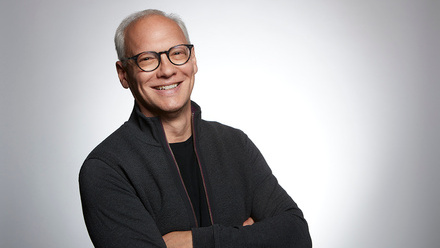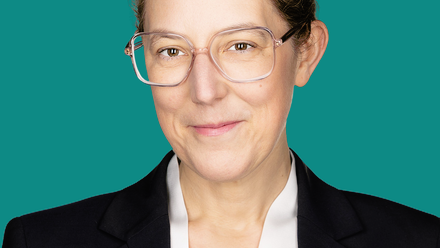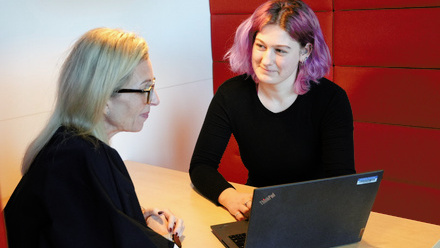Exploring the journey of BIA member StoreGene

At BIA’s recent Start-up festival, we caught up with Mark Bartlett, CEO of StoreGene, to learn more about his journey, what drives him, and his advice for founders navigating the world of genomics and startups.
Tell us a bit about yourself and your company.
Our mission is to make genomics affordable, accessible and actionable for all. In short, we help organisations move from genetic testing to genomic medicine.
We’ve been operating for five years now and have built an international client base including Sweden, Greece, the UAE and South Korea. Our clinics order whole genome sequencing, and we take care of everything—from sequencing and data storage to generating reports on heart health, hereditary cancer, pharmacogenetics, nutrigenetics and family planning. These reports go to clinicians, who discuss the insights with their patients to help them make informed, positive changes to their lives. It’s been an incredible journey so far, and we’re continuing to grow globally.
Can you describe the nature of the journey?
It hasn’t always been smooth sailing! I’d describe it as opportunistic and a little bit messy at times. There are definitely different approaches to starting a business—mine was less conventional. I’ve always been driven by one core belief: that genetics should be integrated into everyday healthcare. That’s been my North Star for over 20 years.
That journey has taken me through a failed startup, working in a digital health company focused on electronic medical records, and ultimately founding StoreGene—which combines both genetics and digital health in a meaningful way. So yes, the path has been unpredictable, but the vision has always been clear.
So you’ve stayed fixed on the vision, but flexible on the details?
Exactly. You need a few core principles that never shift—but around that, you should cast your net wide. We’ve explored all sorts of angles: from working with pharma and biotech to now finding our strongest footing on the clinical side. The key is to keep learning and adapting, while never losing sight of your mission.
What advice would you give to someone thinking of starting their own company?
First, be realistic about how long it will take. And don’t do it just for the money. If you're solely focused on financial outcomes, you risk making poor decisions, especially when it comes to patients’ best interests.
That’s why passion is essential. If you're truly passionate about solving a problem, that will sustain you through the tough times. The money can follow as a validation that you’re doing something valuable. But if the money is your foundation, it can affect every decision you make—and not in a good way.
Speaking of funding, what’s your approach?
At an early stage, I’d recommend focusing on angel investors—individuals, not institutions. Go out and network. Build real relationships with people who not only bring capital but also experience, mentorship and operational insight.
Institutional investment has its place, but it can become stressful quickly if you don’t have the foundations in place. A more personal relationship with an angel investor often means you get valuable advice, flexibility and a shared belief in your mission.
Finally, are there any last thoughts you’d like to leave us with?
Decide early what your passion is and what’s driving you. Stay true to that. Grow slowly and steadily. Don’t get discouraged, and surround yourself with people you trust, especially when it comes to funding. Choose partners who have your best interests at heart.




